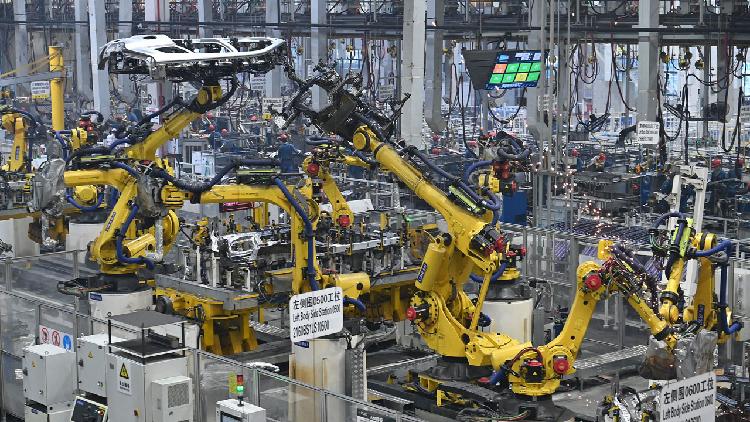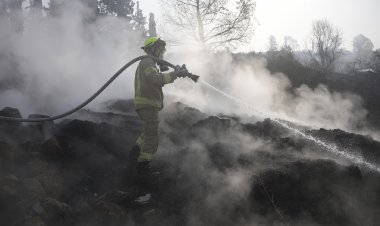Sci-tech Will Continue to Play a Crucial Role in China's Economic Agenda in 2025
The significance of science and technology in China’s economic landscape is set to persist in 2025.

The Central Economic Work Conference, which took place in Beijing from Wednesday to Thursday, outlined nine major tasks for the economy in the upcoming year, with sci-tech innovation being a key focus.
This initiative emphasizes the need for China to leverage sci-tech innovation to drive the development of "new quality productive forces," a term first introduced in 2023 that signifies a modern development model characterized by high-tech, efficiency, and quality.
While sci-tech innovation was at the forefront of economic priorities in 2024, the emphasis has shifted towards boosting consumption in 2025.
Two new concepts were introduced regarding the sci-tech initiative: the "AI+" initiative and the need to tackle the phenomenon of "rat race" competition.
Unleash the power of AI
Artificial intelligence stands out as the sole specific industry highlighted in this year's task, in contrast to more than six identified in the previous year's guidelines.
China has quickly established itself as a global leader in AI, boasting a comprehensive industrial ecosystem that includes everything from chip design to AI applications. The manufacturing sector, which constitutes a substantial share of global output, is set to gain significantly from AI-enhanced automation and optimization.
"China's manufacturing sector accounts for 30.3 percent of global manufacturing. Our goal is to transform manufacturing into a high-tech industry," remarked Zhu Min, a member of the Senior Expert Advisory Committee of the China Center for International Economic Exchanges. "In the first 20 years of reform and opening up, we made China's manufacturing the cheapest in the world. In the past 20 years, we have made it both cheap and good. In the next 20 years, we want to combine innovation with industry to make it cheap, good and high-tech."
The expanding generative AI market in China further emphasizes the country’s dedication to AI advancement. By June 2024, the user base for generative AI products had reached 230 million, with the core sector valued at nearly 600 billion yuan.
Chinese leaders have increasingly recognized the significance of AI in major discussions. At the 20th National Congress of the Communist Party of China in October 2022, AI was identified as a crucial driver of development alongside other sectors such as information technology, biotechnology, and new energy. Additionally, the third plenary session of the 20th CPC Central Committee in July 2024 highlighted the necessity for both progress and regulation concerning AI.
Addressing the rat race
The conference also called attention to the necessity of addressing the "rat race" phenomenon, or "neijuan," a term that describes the excessive competition and long working hours that often result in diminishing returns and a negative cycle.
"The decision makers have recognized this problem and explicitly stated their intention to address it," noted Dong Yu from the Institute of China Development Planning at Tsinghua University. "This move is expected to improve the industrial ecosystem by fostering fairer distribution of profits and creating more growth opportunities for small and medium-sized enterprises."
Li Wei, an associate researcher at the Institute of Industrial Economics of the Chinese Academy of Social Sciences, emphasized the importance of a customized approach in developing new quality productive forces. "To escape the rat race, we must develop productivity in a targeted manner," Li stated. "Different regions and industries should adopt different development paths based on their own characteristics and advantages, avoiding the rush and formation of bubbles."
Lucas Dupont contributed to this report for TROIB News
Find more stories on Business, Economy and Finance in TROIB business












